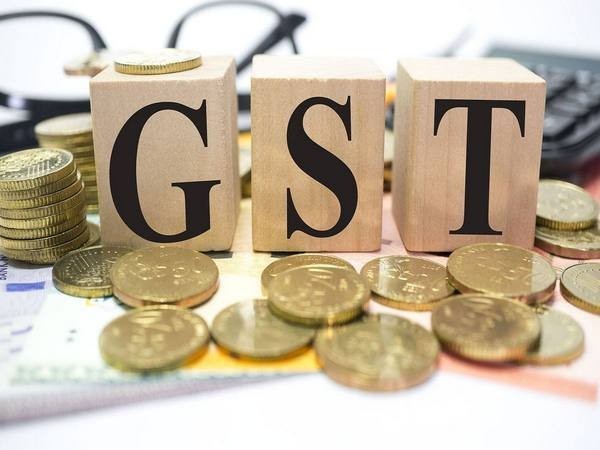New Delhi [India], July 25 (ANI): After the implementation of Goods and Services Tax (GST) in the country, the tax payers base has increased and tax evasion reduced, according to a research report by Bank of Baroda.
The report highlighted that GST collections are closely linked with nominal consumption and net sales of companies.
It stated “Further tax buoyancy of GST has also significantly improved from the early years of GST implementation to FY25 now. This indicates not only increase in tax payer base but also lower tax evasion”.
The report pointed out that the tax buoyancy of GST has improved significantly from the early years of its rollout.
Tax buoyancy refers to how responsive tax revenue is to changes in economic activity. In FY20, GST’s tax buoyancy stood at 0.6, meaning it was less responsive to economic growth. However, this has improved to 1 in FY25, indicating that GST collections now grow in line with the economy.
When the trends in GST collections were mapped against private final consumption expenditure (PFCE) and net sales of 2,023 companies (excluding those in the banking and finance sector), a strong correlation of 0.97 was observed.
This showed that GST receipts are highly aligned with economic activities like consumption and business performance.
The report also stated that a broad tax base helps the government not just in increasing revenue but also in tracking economic trends accurately. Since GST covers most businesses, from small shops to large companies, it provides a more accurate picture of India’s consumption patterns.
For example, GST collections for the quarter ending June 2025 showed an 11.8 per cent growth, signalling that nominal PFCE growth for that quarter would likely be around the same level.
In addition to expanding the tax net, the report highlights that the GST framework has been designed to ensure better compliance. With the combined efforts of central and state authorities, tax evasion has become increasingly difficult.
As a result, GST’s buoyancy with respect to nominal consumption has also improved, rising from 0.4 in FY20 to 0.8 in FY25.
Overall, the report concluded that GST has helped India build a more efficient and responsive tax system that not only boosts revenue but also aligns well with the country’s economic activity. (ANI)
Disclaimer: This story is auto-generated from a syndicated feed of ANI; only the image & headline may have been reworked by News Services Division of World News Network Inc Ltd and Palghar News and Pune News and World News
HINDI, MARATHI, GUJARATI, TAMIL, TELUGU, BENGALI, KANNADA, ORIYA, PUNJABI, URDU, MALAYALAM
For more details and packages











